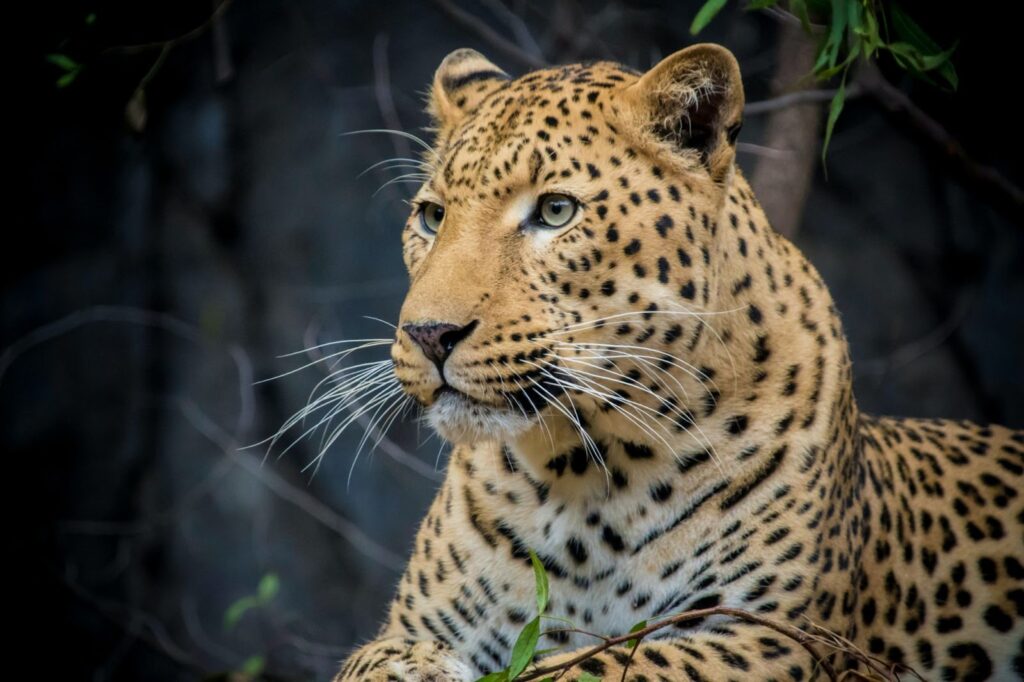(ISLAMABAD, Pakistan) — A leopard is believed to have been killed by poachers in Muzaffarabad, Azad Jammu Kashmir (AJK) on Jan. 22. Wildlife officials are hoping to find and rescue her cubs.
Villagers found the critically injured leopard in a ditch near the Neelum River in Muzaffarabad.
Initially, locals thought the leopard had been hit by a speeding vehicle, but a medical examination revealed that the wildcat was shot six times, paralyzing it from the waist down, according to a report in Pakistan’s English-language Express Tribune.
The injured animal, believed to be 4 or 5 years old, was shifted to Islamabad where two veterinarians tried to save her, according to a report in The Pakistan Observer. The animal was badly wounded and did not survive.
“Pakistan doesn’t have a single neurosurgeon for wild animals,” Sakhawat Ali, manager of the Islamabad Wildlife Management Board (IWMB), told The Observer.
According to The International Union for the Conservation of Nature Red List, leopards are listed as ‘vulnerable,’ globally —one step below “endangered.”
AJK police reported on Twitter that, “Panjgaran police arrested Shaukat alias Jangjo, a resident of Early Panjgaran, who fired 12 bore rifles at a wild leopard and recovered 12 bore rifles. Case filed. A search has been launched for other suspects who tortured this rare wild animal.”
The Search for Missing Cubs
“The injured leopard story is getting sadder,” Rina S.Khan, chairperson of Islamabad Wildlife Management Board, told The Observer. “The vets say she had cubs at least once and now locals are reporting they had seen a mother with cubs in the area. She must have been protecting them. ”
According to The News International, “wildlife rangers have placed camera traps at different locations to trace these cubs that are believed to be fighting for their survival after the killing of their mother leopard.”
The report said that IWMB rangers spotted the tracks of the cubs and, after analysis, concluded that they are 6-8 months old — too young “to defend themselves against poachers and predators.”
The provincial and local administrations have asked villagers to inform the authorities and rangers if they spot the cubs rather than trying to capture them on their own.
“We will work with AJK wildlife to ensure the best outcome. The best hope is they can live on in the beautiful mountain forests of Kashmir,” a representative of IWMB told The News International.


